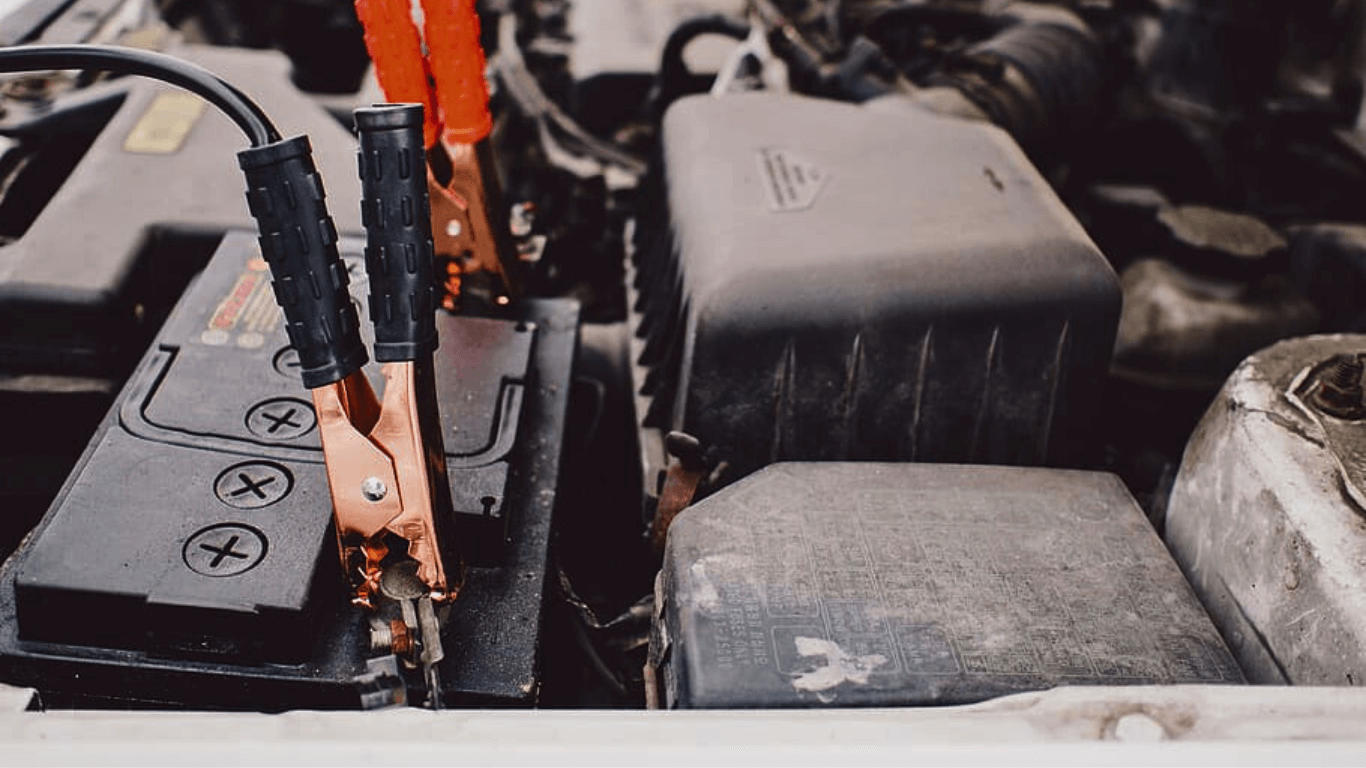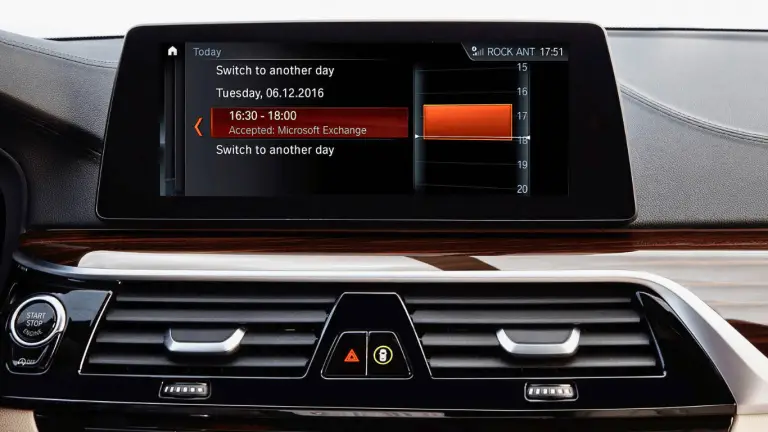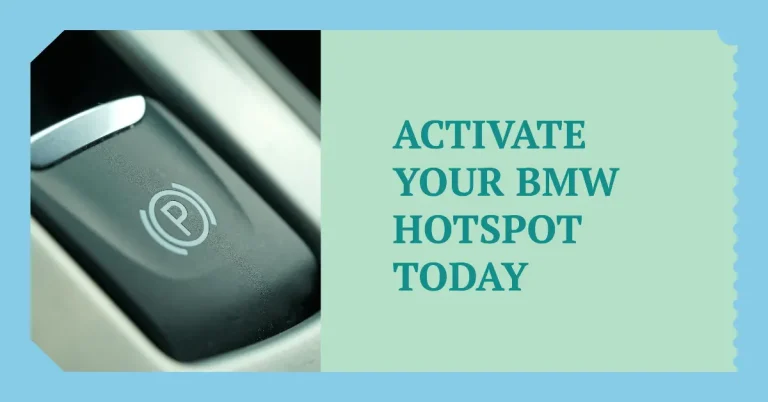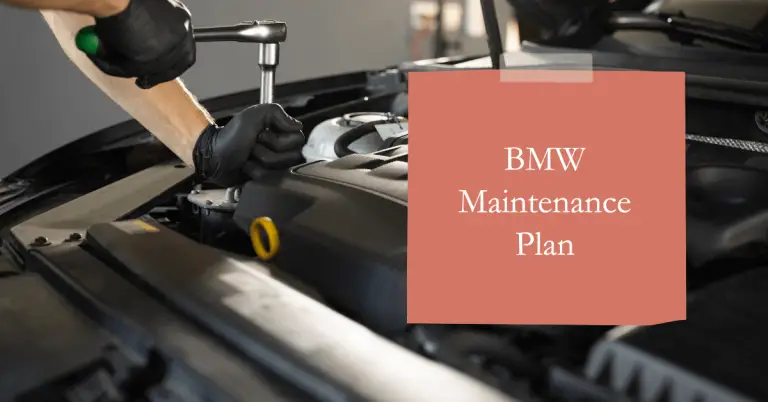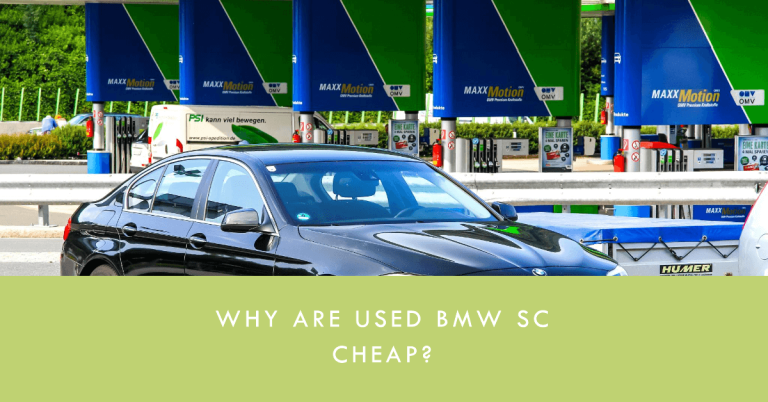How Long Do BMW Batteries Last? Expect 5-7 Years of Reliable Service
BMW is renowned worldwide for engineering vehicles with incredible performance, cutting-edge technology, and refined luxury. But even these Ultimate Driving Machines need maintenance and part replacements over time to keep performing at their best. One critical component that will eventually wear out in any car is the starter battery.
With gradual chemical aging, most standard batteries start to lose charging capacity after around 5 years or 60,000 miles. This decline continues until the battery no longer has enough power to start your BMW engine. So how long should you expect your BMW’s original battery to last before needing replacement?
This article will cover everything BMW owners need to know about average battery lifespan, what impacts longevity, warning signs of a dying battery, and tips to maximize service life. We’ll also look at battery upgrade options when it’s time for a new one. Let’s dive in!
How Long Do OEM BMW Batteries Last?
The majority of new BMWs come equipped with premium absorbed glass mat (AGM) batteries built to BMW’s strict specifications for power, longevity, and performance. These top-tier original equipment manufacturer (OEM) batteries are designed to provide reliable starts and power for the electrical systems in your BMW for around 5-7 years or 60,000 to 80,000 miles.
This lifespan estimate assumes normal driving habits and climate. Of course, every battery ages differently depending on use, maintenance, and conditions. But generally, you can expect an OEM battery in a 3-5 year old BMW to still be in decent shape, while those approaching or over 6-7 years old are entering the danger zone.
TheTakeaway: Plan on replacing your BMW’s factory AGM battery at around the 5-7 year or 60k-80k mile mark for optimal performance and to avoid being left stranded by unexpected failure. Proactive replacement can help prevent more costly issues down the road.
What Factors Impact BMW Battery Life?
Many variables influence how long your BMW’s battery will last before requiring replacement. Here are some of the main factors that can shorten or extend lifespan:
Climate and Ambient Temperatures
One of the biggest killers of lead-acid batteries like those in BMWs is heat. Sustained high temperatures above 90°F accelerate chemical aging and corrosion inside the battery. This leads to accelerated capacity loss over time.
BMW batteries in hot southern climates won’t last as long as those in mild northern regions. Parking in the shade and using reflective windshield sun shades can help reduce battery-killing heat soak whenever possible.
Driving Habits and Regular Use
Infrequent short trips and prolonged vehicle storage cause quicker battery death than regular driving does. The alternator recharges the battery most effectively during extended highway driving. Short trips around town don’t allow enough drive time to fully top it off.
Sitting unused for weeks allows the battery to gradually self-discharge. Use a smart battery tender like the BMW-branded Battery Charger Plus to maintain optimal charge if you can’t drive regularly.
Vehicle Electronics, Lights, and Accessories
The more electrical load you place on your BMW’s battery, the faster it will wear down. Vehicle electronics, LED lighting, heated seats, infotainment systems, and aftermarket accessories can drain the battery quicker over time. Manage your electrical load and avoid unnecessary drains when parked.
Poor Maintenance and Dirty Connections
Corrosion and loose connections rob charging efficiency and accelerate wear. Keep the battery posts and cable connections clean. Check for corrosion buildup and loose clamps. Replace damaged cables right away.
Old Age and Gradual Capacity Loss
Like all car parts, batteries simply wear out over time. No battery lasts forever. As the lead plates and electrolyte solution age, their chemical capacity to hold a charge diminishes. Your BMW battery will slowly lose its punch year after year.
The Takeaway: Climate, driving habits, vehicle use, and maintenance impact BMW battery lifespan. Regular highway driving, temperate weather, managing electrical load, and cleaning connections help optimize service life. But no battery lasts over 7-10 years for most owners.
How to Make Your BMW Battery Last Longer
You can’t stop the inevitable march of time, but proper care and maintenance gives your BMW battery its best shot at reaching a ripe old age:
Start with a Quality Battery
Not all batteries are created equal. Pay the premium for an OEM replacement from BMW or a top-tier aftermarket brand made specifically for BMW fitment. The cheapest generic battery likely won’t last over 2-3 years.
Drive Regularly and Take Longer Trips
Try to drive your BMW at least once a week if possible. This allows the alternator to fully recharge the battery. Taking longer highway drives optimizes the recharge cycle. Short trips around town can slowly drain it over time.
Use a Smart Battery Charger and Maintainer
When storing your BMW for weeks at a time, use a smart charger like the BMW-branded Battery Charger Plus. It maintains optimal battery health and prevents discharge during prolonged downtime without overcharging.
Keep the Top and Terminals Clean
Prevent corrosion buildup by cleaning the battery posts and cable clamps every 6-12 months or so. Use a terminal brush and baking soda/water solution to scrub away grime. Tighten any loose connections.
Consider Upgrading to AGM or Lithium
High-end absorbed glass mat (AGM) and lithium batteries from reputable brands offer increased lifespan, power, and charge efficiency. Just make sure to get one specifically engineered for your BMW model.
Replace Once Over 5 Years Old
No matter how well maintained, most standard lead-acid batteries are only good for about 5-7 years. Be proactive with replacement before you get stranded. Replacing at the 6 year mark is a good rule of thumb.
The Takeaway: Starting with a quality OEM or top-tier aftermarket battery optimized for BMW fitment gives you the best shot at a long service life of 5-7 years or more. Proper maintenance and proactive replacement help avoid unexpected failure down the road.
When Do You Need a New BMW Battery?
Batteries gradually lose capacity as they age. But at some point the loss becomes severe enough that your BMW battery can no longer deliver enough power to start the engine. Here are some common warning signs that indicate your battery needs immediate replacement:
- Difficulty Starting or a Slow Crank: Turning the key or pushing the start button is met with a sluggish cranking sound or no crank at all. Trouble starting, especially after sitting overnight, points to a tired battery.
- Dimming Headlights: As you start the engine, the headlights and interior lights dim significantly or flicker from the high power drain.
- Battery Warning Light: Seeing the red battery warning light come on your dashboard indicates the charging system detects the battery needs replacement.
- Reduced Electrical Performance: Your BMW’s electrical components and accessories seem underpowered. The stereo doesn’t get very loud. Heated seats take too long to warm up. These are signs the battery can’t deliver full electrical output anymore.
- Age Over 5-7 Years: If your battery is nearing the 5-7 year old mark, strongly consider proactive replacement even if no obvious symptoms appear yet. Don’t wait for complete failure.
- Failed Load Testing: Many auto parts stores offer free battery testing. This gives a definitive read on capacity and whether it’s time to replace yours.
Don’t ignore warning signs of a weak battery. Seeking quick replacement when symptoms first appear can prevent more costly damage from unexpected failure down the road.
Choosing the Right Replacement BMW Battery
Once it’s clear your old battery needs to be swapped, it’s important to choose the right replacement to meet your BMW’s needs and last for years to come. Here are your main options:
OEM BMW Batteries
Opting for a new OEM battery from BMW is the best way to maintain the original quality and performance. OEM batteries are tailored for each BMW model’s specific electrical demands. However, the premium BMW branding commands a steeper price – often over $250 or more.
Aftermarket AGM Batteries
absorbed glass mat (AGM) batteries are an excellent OEM alternative at a more affordable price point. Top AGM brands like Optima and Odyssey offer proven performance and longevity for BMWs. Just be sure to get an AGM battery specifically engineered to your BMW’s specifications. Expect to pay $150-250 for a quality aftermarket AGM battery.
Lithium Batteries
For the ultimate in performance, lithium batteries from manufacturers like OhmX offer incredible burst power output. Their premium materials offer a longer 5-10 year lifespan and withstand heat better than lead-acid. Lithium is the preferred battery upgrade for many BMW enthusiasts. Expect to pay $400 and up.
Cheap Generic Batteries
Avoid the temptation of cheap generic batteries that don’t meet BMW’s specifications. Their bargain basement prices reflect lower quality components and construction. Most won’t last much more than 2-3 years in a BMW before disappointment sets in. Get what you pay for and stick with premium brands.
The Takeaway: When replacing your worn out BMW battery, using the same OEM spec or upgrading to a proven AGM or lithium alternative ensures optimal longevity and performance. Don’t go cheap or you’ll just be doing it again soon.
Maintaining Your Replacement BMW Battery
To give your new BMW replacement battery the best shot at a long service life, be sure to:
- Recharge Soon: Try to install and recharge your new battery within 24 hours of purchasing it. Letting a new battery sit at low charge diminishes lifespan.
- Clean Terminals: Keep the battery posts and cable connections corrosion-free for optimal charging efficiency. Use terminal brushes and protectant sprays.
- Avoid Excessive Heat: Do what you can to shield your BMW battery from sustained high temps. This is a big longevity killer. Park in shade, use sunshades, and watch for heat-related issues.
- Keep Bolts Tight: Loose battery clamps rob power output. Inspect clamps every so often to ensure the retaining bolts stay tight. Carefully re-tighten as needed.
- Check Age Regularly: Monitor how many years and miles your new battery has been in service. Plan a replacement around the 5-7 year mark regardless of condition. Don’t wait for failure.
The Takeaway: With proper installation, maintenance, and care, your new OEM or upgraded BMW battery should deliver years of reliable starts and powerful performance. But all batteries eventually fail, so monitor age and plan for its inevitable replacement.
Signs Your Replacement BMW Battery Is Failing
To avoid getting stranded by a dead battery, watch for these warning signs as your replacement battery ages:
- Sluggish or slow cranking when starting
- Battery tester shows capacity drop below 50%
- Warning lights related to the charging system
- Difficulty turning the engine over when cold
- Reduced electrical system performance
- Corrosion on the battery posts
Don’t ignore these symptoms. Have your battery tested promptly if you notice them. Waiting risks permanent failure at the worst possible moment.
Common Questions Asked
Here are answers to some common questions BMW owners have about car batteries:
How much does a new BMW battery cost?
Expect to pay $250-$350+ for an OEM replacement battery from BMW. High-end aftermarket AGM and lithium alternatives usually run $150-400+. Shop around for the best deal on a battery specifically engineered for your BMW model.
How can I test a BMW battery?
Many auto parts chains will test your battery for free. Or you can buy a relatively inexpensive electronic load tester that gives accurate results. Testing is the best way to identify if your battery needs replacement.
What drains a BMW battery when parked?
Key drains to avoid are interior lights left on, GPS trackers, dashboard cameras, phone chargers, and other plugged in electronics. Also turn off Bluetooth, Wi-Fi, and other vehicle systems. The Battery Guard feature can help.
Do BMW batteries last longer than other car batteries?
It depends. OEM BMW batteries may outlast a cheap aftermarket battery, but won’t necessarily last longer than premium replacements from reputable brands made specifically for your BMW model. Any battery will last longer with proper maintenance.
Should I register a new BMW battery?
Yes, having the battery registered at a BMW service center allows the vehicle computer to monitor it accurately. Unregistered replacement batteries can cause various electrical gremlins.
Can a new battery recharge itself?
No, a lead-acid battery will never recharge itself like a lithium battery can to some degree. Your BMW’s charging system must actively recharge the battery when driving to maintain optimal performance.
Conclusion: Plan for BMW Battery Replacement Every 5-7 Years
While your BMW may seem invincible from behind the wheel, components like the battery still wear out over time. In fact, most BMW batteries start to lose significant capacity after around 5 years or 60,000 miles. This gradual decline continues until the battery finally dies, often without warning if you’re not diligently watching for signs of trouble.
To avoid getting stranded by a dead battery, the smartest approach is planning proactive replacement approximately every 5-7 years or 60-80k miles. Of course, driving habits, climate, and battery care impact longevity. But no lead-acid battery lasts much longer than this for the majority of owners.
When that big day arrives, invest in a quality OEM or aftermarket replacement specifically engineered for your BMW model. With proper care and maintenance, your new battery should deliver another 5+ years of reliable starts and strong electrical power as you continue to enjoy driving your Ultimate Driving Machine. Stay proactive, drive on!

